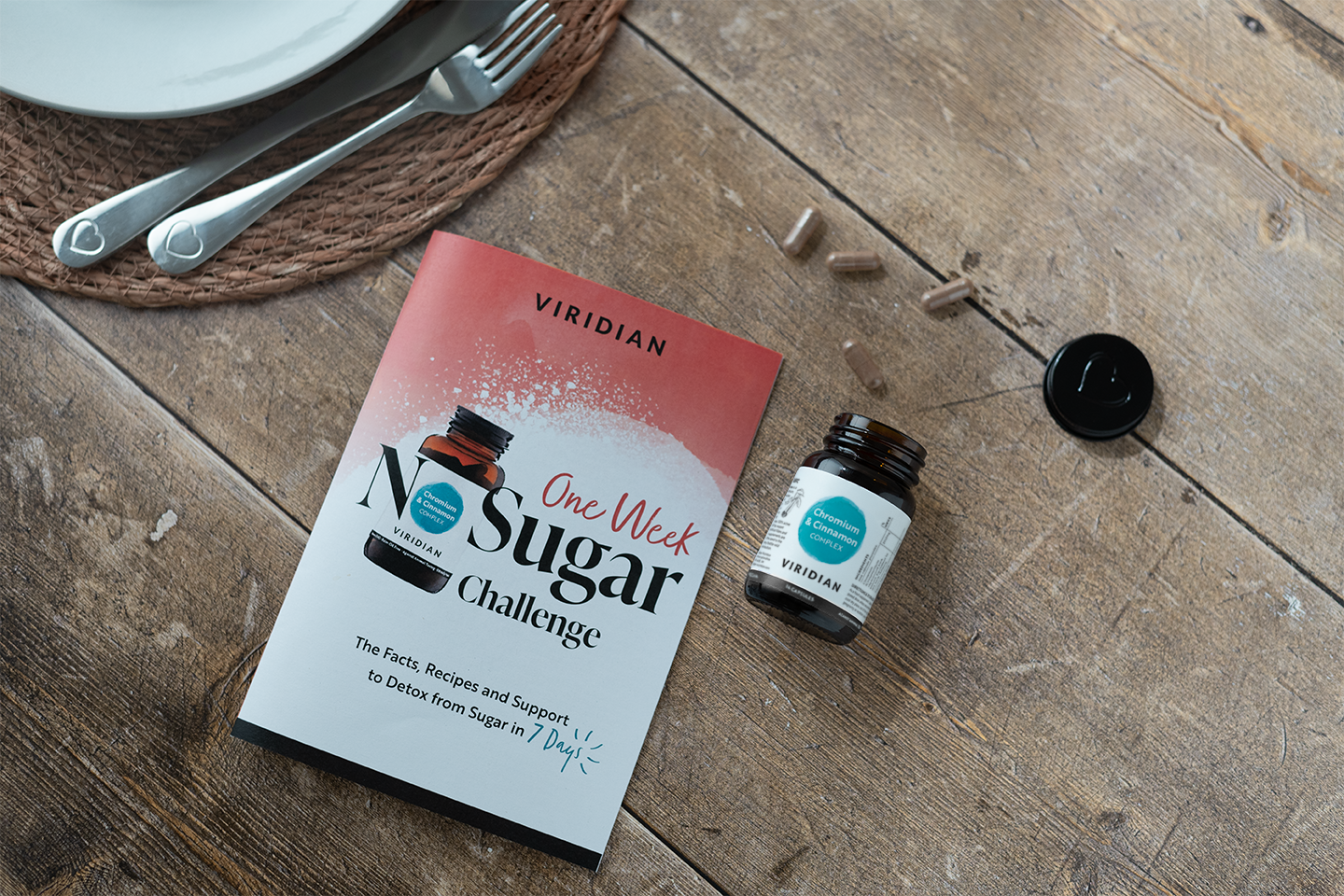
Seed oils have recently become a hot topic. A staple part of people’s diet across the world, seed oils whether they are used for cooking, drizzling over salad, or supplementing, many of us use them. However, there is much controversy surrounding the benefits and potential ‘harmful effects’ of consuming these seed oils. So, what is the truth?
What are seed oils?
The modern western diet consists of a high amount of ultra-processed foods and often seed oils are seen as a part of this. Some seed oils have been dubbed ‘the hateful eight’ which includes eight popular oils, canola, corn, cottonseed, grapeseed, soy, rice bran, sunflower and safflower.
Many of these seed oils are refined, meaning they are processed using heat and chemical solvents to extract, filter and remove strong flavours and colours. This can enhance their affordability, shelf life and neutral flavour, making them more suitable for cooking. However, this also takes out beneficial nutrients such as mixed tocopherols, polyphenols and sterols and can create harmful byproducts, which negatively effects our health.
Are cold-pressed oils less processed?
Cold-pressed oils are made by slowly crushing the seed or vegetable to extract oil without the need for heat or chemical solvents. This method can help to preserve the flavour as well as the natural bioactive and fatty acid content of the oil.
Why is taking seed oils controversial?
Both trans and hydrogenated fats are known to be detrimental and should be avoided, however the body needs saturated fats because they are the basis for hormone production, cell membranes and energy production. Refined and processed seed oils have higher amounts of omega 6 and contain trans, hydrogenated and saturated fats rather than unsaturated fatty acids and omegas.
What does the research say?
Some omega 6 essential fatty acids like linoleic acid (LA) and arachidonic acid (AA) are often quoted as pro-inflammatory but recent research shows that increased intake of omega 6 does not increase the concentrations of many inflammatory markers (1). While LA can convert into AA, both have the capacity to be metabolised into anti-inflammatory fatty acids and metabolites. Some research suggest that only very small amounts of LA get converted into AA in the body (2,3). It is also important to keep in mind that the inflammatory process is integral to tissue repair and a vital process in the body.It is very common for those consuming a western diet to be deficient in omega 3. Therefore, it is important to consume foods which are richer in omega 3 to get the right balance. An intake of omega 3:6 in the ratio of 1:3 is ideal for our health. However, in the modern western diet, it is around 15:1 so we need to be mindful of this when consuming seed oils, we should also increase our omega-3 intake.
What type of oil should I choose?
With so many different types of seed and vegetables oils on the market, it can be difficult to know which one to choose, particularly as it can depend on whether you are cooking or supplementing with the oil.
TIP: When supplementing, choose cold pressed and preferably organic oils, which are made without any additives or heat, meaning they are unrefined and packed full of phytonutrients.
Here at Viridian Nutrition, our nutritional oils are cold pressed. Like all supplements within our range, the formulations contain active ingredients and avoids additives in the form of binders and fillers, which benefit the manufacturing process instead of our health. When choosing organic oils, look for those with the Soil Association logo, which is the certifying body for organic standards and guarantees purity.
For more information about diet, supplements and lifestyle advice visit your local independent health store. To find your nearest one, visit www.findahealthstore.com.
Author: James Pugh, BSc is a Nutrition Advisor at Viridian Nutrition. He holds a BSc honours degree in Sport & Exercise Nutrition.
References:
1. Innes JK, Calder PC. Omega-6 fatty acids and inflammation. Prostaglandins Leukot Essent Fatty Acids. 2018 May;132:41-48. doi: 10.1016/j.plefa.2018.03.004.
2. Kawashima, H. Intake of arachidonic acid-containing lipids in adult humans: dietary surveys and clinical trials. Lipids Health Dis 18, 101 (2019). https://doi.org/10.1186/s12944-019-1039-y
3. Marklund M, Cohorts for Heart and Aging Research in Genomic Epidemiology (CHARGE) Fatty Acids and Outcomes Research Consortium (FORCE). Biomarkers of Dietary Omega-6 Fatty Acids and Incident Cardiovascular Disease and Mortality. Circulation. 2019 May 21;139(21):2422-2436. doi: 10.1161/CIRCULATIONAHA.118.038908.
4. The Evidence Behind Seed Oils' Health Effects | Johns Hopkins | Bloomberg School of Public Health
The information contained in this article is not intended to treat, diagnose or replace the advice of a health practitioner. Please consult a qualified health practitioner if you have a pre-existing health condition or are currently taking medication. Food supplements should not be used as a substitute for a varied and balanced diet.







